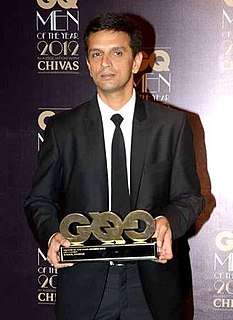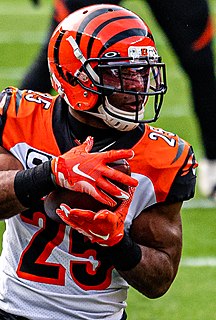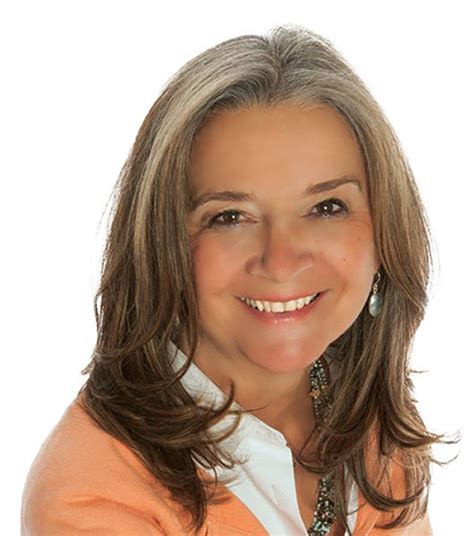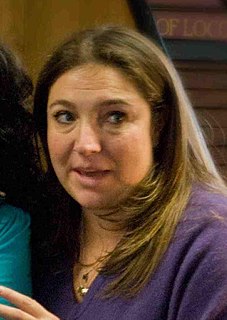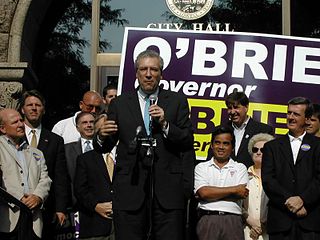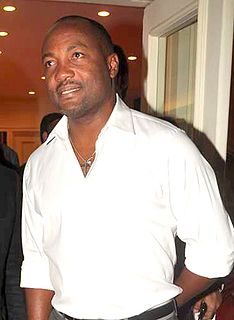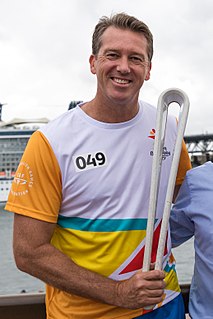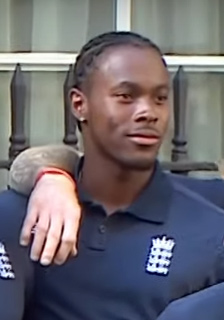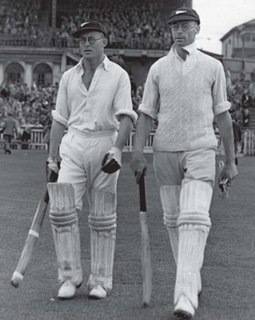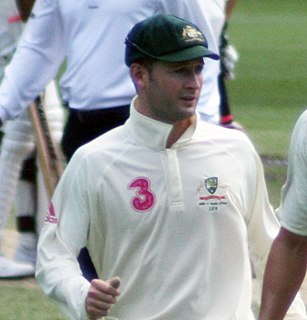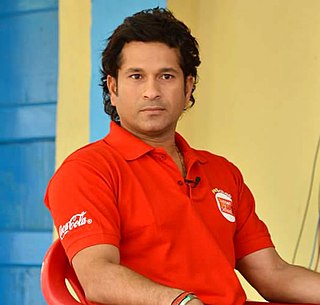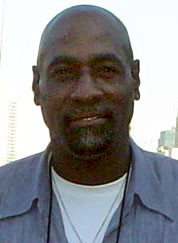A Quote by Rahul Dravid
If someone thinks, 'I'll spend the off season working on my fitness and I'll come back a better cricketer,' I don't think that's enough. You need to spend a lot of time working on your skills and honing your skills.
Related Quotes
You don't realize how long that NFL season is. It's a long season, especially in your first year. Not only do you spend a lot of time preparing for the draft and working out, but they you have OTAs, minicamps, training camp, preseason games. By the time you get to week six you've already had one of the longest years of your football life and you still have 11 weeks to go, plus the playoffs.
Without question, students need to practice, review, and drill skills, but they should do so only in the spirit of working toward more complex mastery of those skills. Redundant drill of skills is inherently boring and insulting to the learner, and it is one of the most effective methods for turning students off to learning.
I spend a lot of time loathing the sentences that I put down on the page. Once I'm past that phase, it doesn't really matter what the routine is (coffee shop, someone else's house, my dining room table), I'm pretty fast. I go back to the start of whatever I'm working on, every half hour or so, and revise my way back to where I left off. I have my headphones on, I'm checking email, I look at Twitter and Tumblr, and drink a lot of coffee. I need a lot of distraction to work.
Business requires an unbelievable level of resilience inside you, the chokehold on the growth of your business is always the leader, it's always your psychology and your skills - 80% psychology, 20% skills. If you don't have the marketing skills, if you don't have the financial-intelligence skills, if you don't have the recruiting skills, it's really hard for you to lead somebody else if you don't have fundamentally those skills. And so my life is about teaching those skills and helping people change the psychology so that they live out of what's possible, instead of out of their fear.
I do think that a school day that matches the work day makes a lot of difference for working families, but the big driver of this effort is education. Period. We have a lot of students not gaining the skills they need, and it is pretty clear that school does not offer enough time to get that job done.
Non-cooperative approaches, by contrast, almost always involve duplication of effort, since someone working independently must spend time and skills on problems that already have been encountered and overcome by someone else. A technical hitch, for example, is more likely to be solved quickly and imaginatively if scientists (including scientists from different countries) pool their talents rather than compete against one another.
